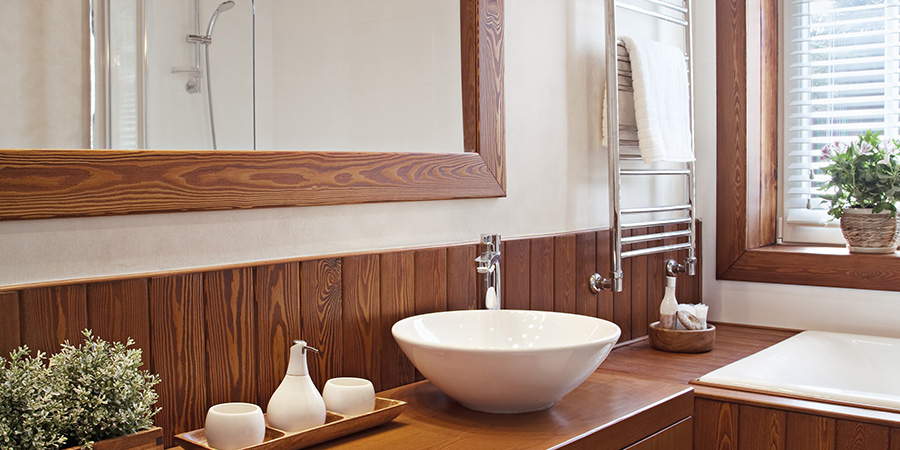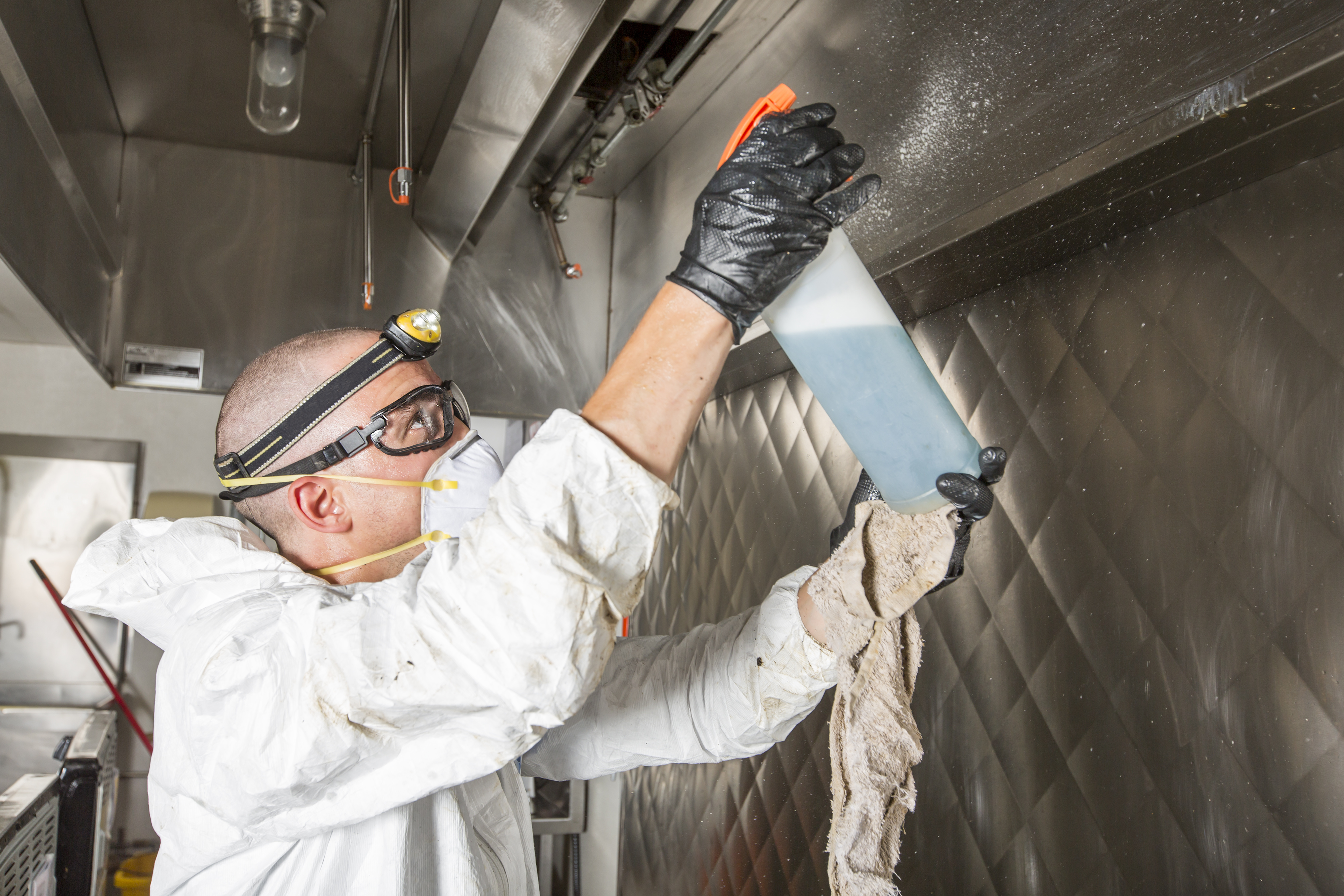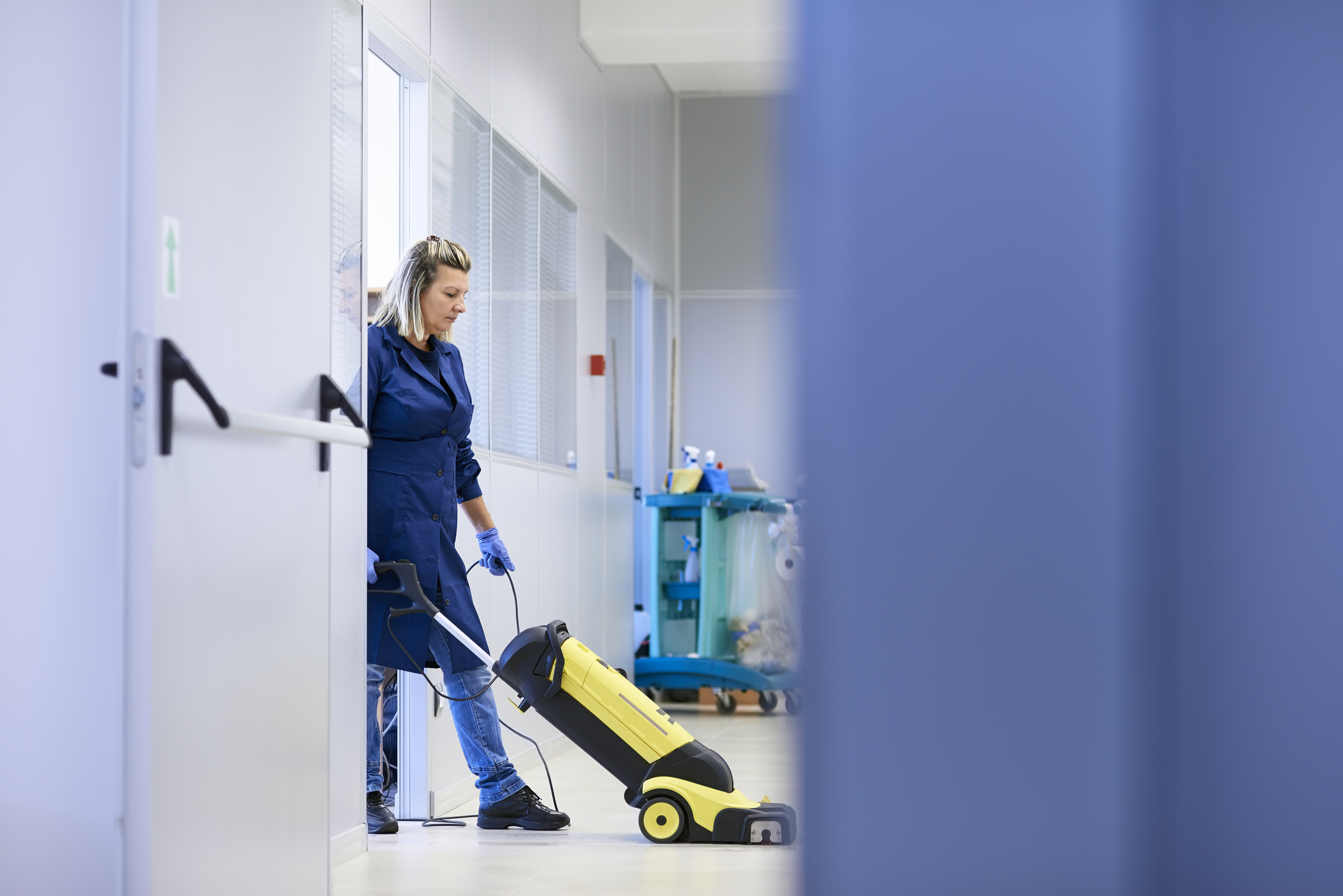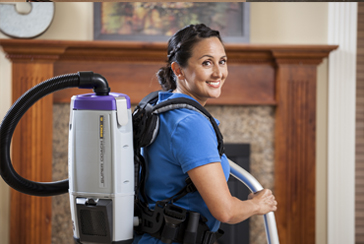Coronavirus (CCoronavirus (COVID-19): Relief options and Additional Resources CLICK HERE
 We’re Available 24/7
We’re Available 24/7
 Serving San Francisco - Bay Area - East Bay and San Jose, CA.
Serving San Francisco - Bay Area - East Bay and San Jose, CA.
Established since 2007.
 Call Us +1 (408) 807 0738
Call Us +1 (408) 807 0738
Our Post
What kind of Cleaning your Restaurant Need
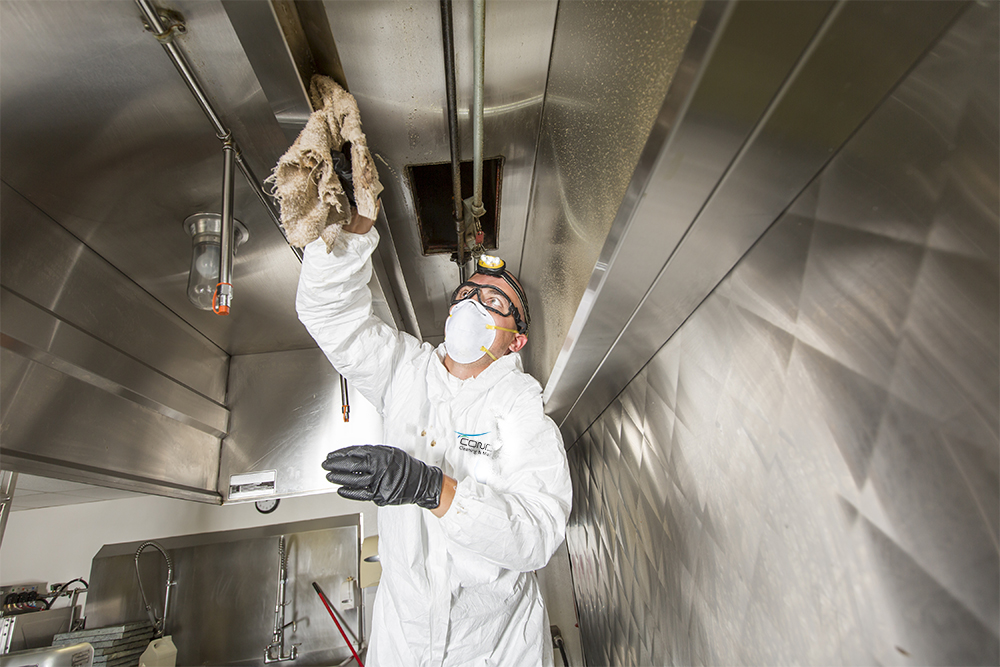
Cleaning a Commercial Kitchen Thoroughly
Whether you run a restaurant, hotel or corporate kitchen, cleanliness is key. According to the Centers for Disease Control and Prevention, more than 50 percent of foodborne outbreaks are linked to restaurants. That means a sanitary kitchen can help reduce the spread of airborne illnesses.
Aside from regular equipment maintenance, there are other areas of your space that require a comprehensive cleaning on a daily, weekly and monthly basis. Need some help before you start? We got you covered with easy tips and solutions for cleaning a commercial kitchen.
Cleaning Countertops and Hard Surfaces
Countertop and hard surfaces are hotbed for bacteria growth. Since you frequently use them for food preparation, they should be cleaned a couple of times a day. Remove items and storage bins off the surface, and wipe them down with a soft cloth and disinfectant spray. Be sure to spray about 8-12 inches away from the surface, and let the area air dry before placing items back on the countertop.
In some cases, you’ll need to take some extra steps. When removing dried food or beverage spills, use a soft brush and warm soapy water to scrub your countertop. Also, when cleaning tile surfaces, use special tile-based disinfectants that can remove bacteria and grime off grout.
Cleaning Commercial Appliances and Equipment
One of the most crucial steps in equipment maintenance is cleaning. Remember to wipe down all your major appliances as well as small ones like coffee makers, toasters and microwaves.
You also should conduct deep cleanings every week and month to ensure your units stay in peak condition. Create a commercial kitchen cleaning checklist for the following equipment:
Fryers – Boil out your fryer once or twice a week.
Ovens and ranges – Wipe down rack, walls and the door as part of your weekly oven maintenance.
Burners, flattops and cooktops – Scrub down these parts and surfaces using a disinfectant spray or warm soapy water.
Grills – Brush off ash and grime off your grates after use. In some cases, you may have to soak them in warm soapy water to break up grease. Also, empty out any drip trays or areas underneath your burner or grates.
Refrigeration units – Every few months, clean the condenser coils by using a stiff bristle brush and vacuum to remove dust and grime. To prevent sludge buildup, regularly empty and clean the drain pans and tubs.
Cleaning Exhaust Hoods and Vents
Too much grease and grime in the exhaust vents and hoods can restrict airflow in your kitchen space. Wash out the vent hoods every few months or sooner if you use a deep fryer on a daily basis.
Remember to clean the filters, as well, using the instructions found in your unit’s service manual. If you notice damage on the filters, such as rips and tears, replace them immediately.
Cleaning Kitchen Floors, Walls and Ceiling
Grease and food particles can make their way onto the floor, walls and ceiling over time. Your floor should be cleaned daily, while the ceiling and walls can be cleaned on a bi-weekly or monthly basis. Here is how to make those areas spotless.
Floors – Food and spills not only make your floor dirty, but foot traffic also adds to the mess. When the day ends, give it a deep cleaning. Start by vacuuming or sweeping the floor to remove dust and hard dirt. Then, mop up your floor with a combination of warm water and either vinegar or a heavy-duty cleaning solution. While a machine helps cut down on time, a mop is still your best choice because it allows you to access hard-to-reach spaces easily. If you need to clean major grease spills, make sure to use a high-grade degreaser instead of a regular cleaning solution.
Walls and ceiling – You should always wipe off the occasional splatters, but make sure to scrub the walls and ceiling down thoroughly on either a biweekly or monthly basis. Airborne steam and grease not only leave a blemish, but they also can become sources of foul odors. With the appropriate degreaser or cleaning solution, use a wash cloth or soft bristle brush to scrub off the buildup.
Cleaning Sinks
Your washing stations are used to clean ingredients, dishes and utensils regularly. That makes it even more important that the area always stays spotless. At the end of each day, use a disinfectant spray to wipe the sink and backsplash. To prevent scale and lime buildup, delime your commercial sinks, sprayers and faucets on a weekly basis.
Commercial kitchens use a lot of oil and grease, meaning they can clog your drains and pipes over time. Try to clear them out every couple of months using a special degreasers. This not only will keep the drains and piping clean, but it also helps improve downstream water quality and break down more waste.
Cleaning Storage Areas
Every six months, do a wholesale cleaning of all your storage solutions. This includes everything from racks and shelving units to pantries and cabinets. Once you remove all your items from the storage solution, clean off dust, crumbs or other loose debris with a vacuum attachment or microfiber cloth. Then, scrub down any grease, grimes or stains from the surfaces using a soft bristle brush and cleaner. A cleaning solution of warmer water with soap or vinegar should do the trick.


